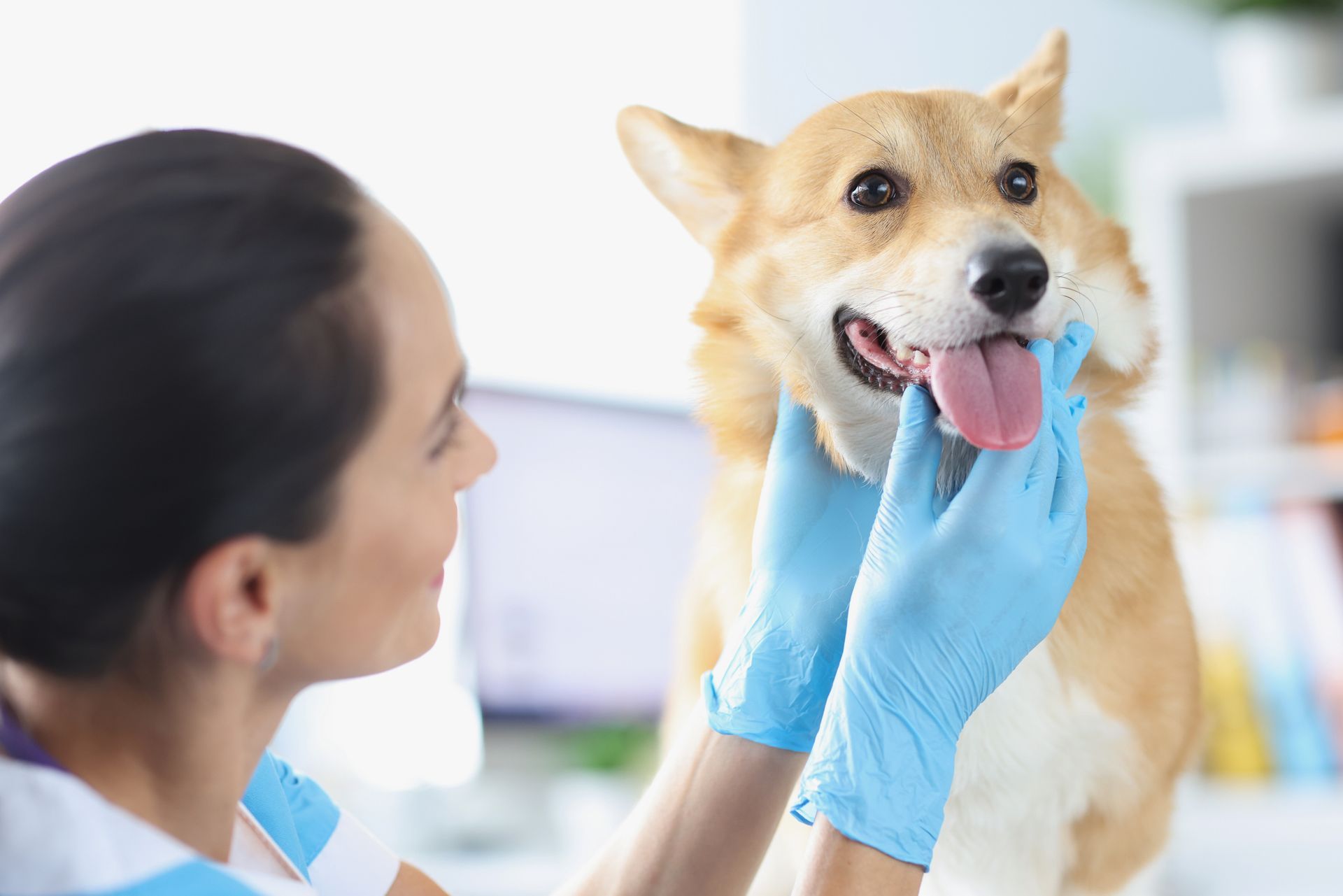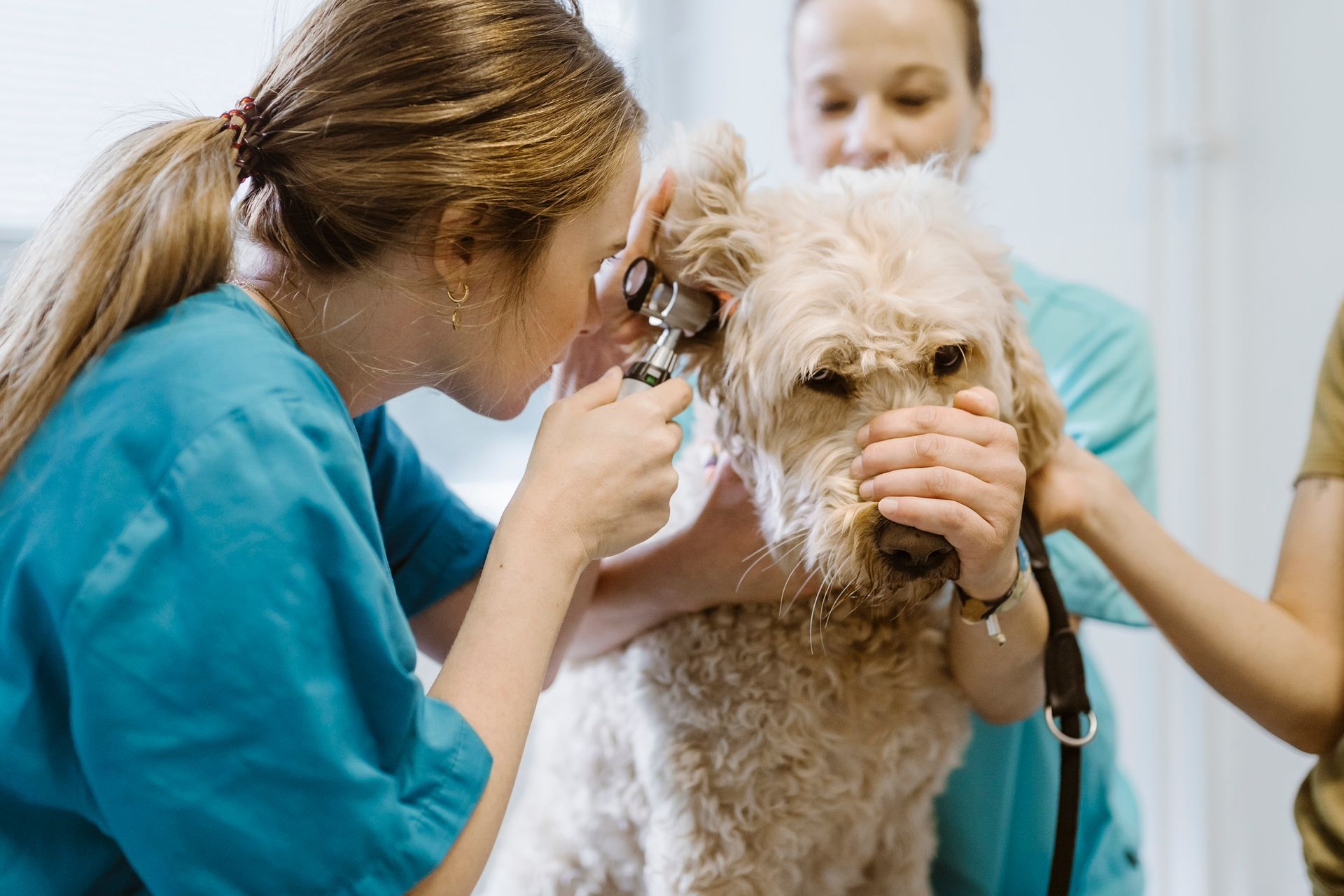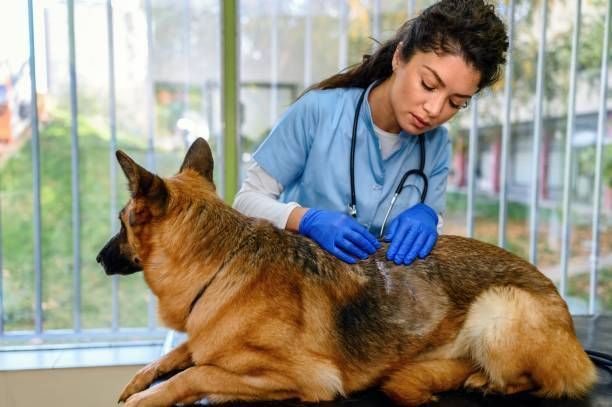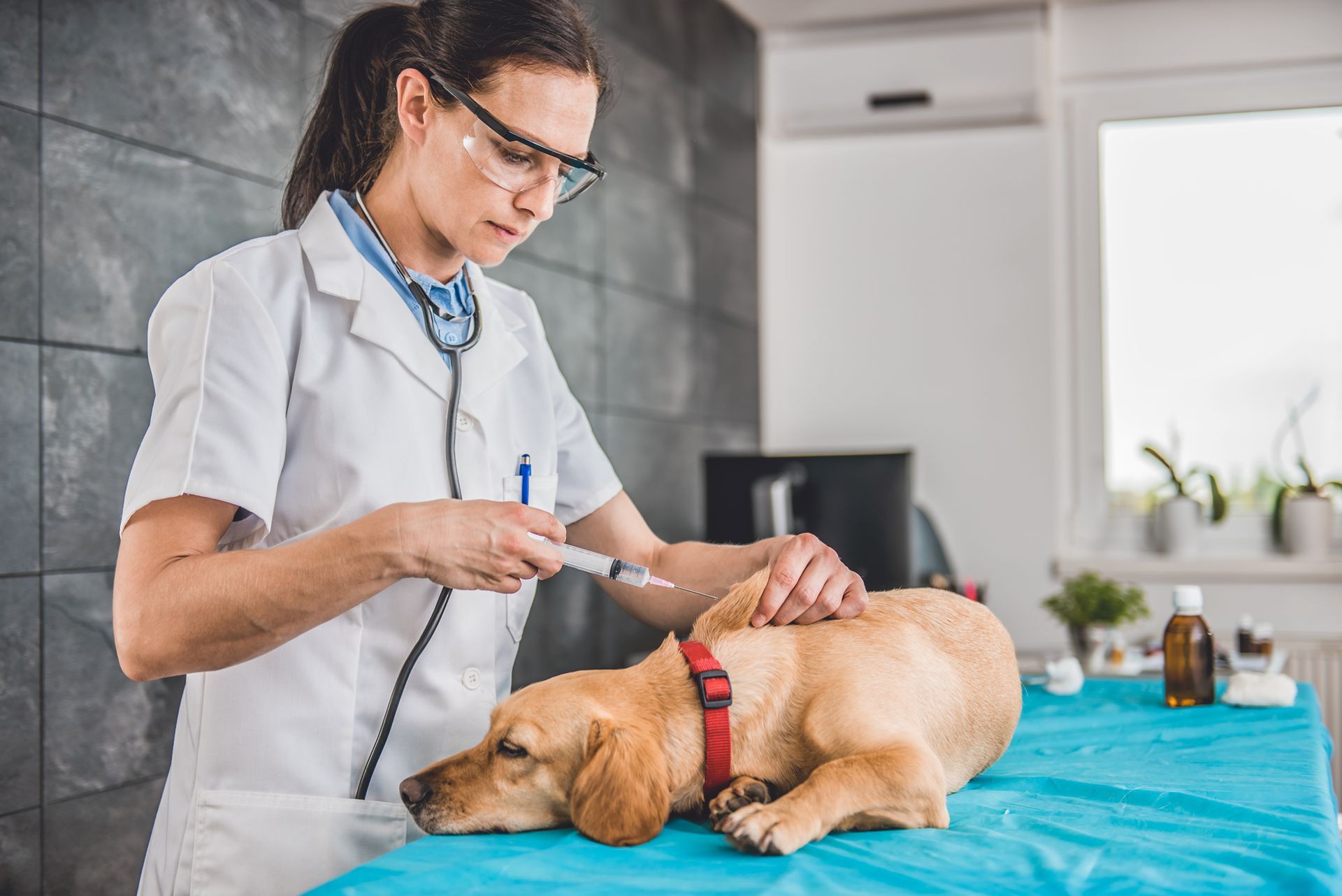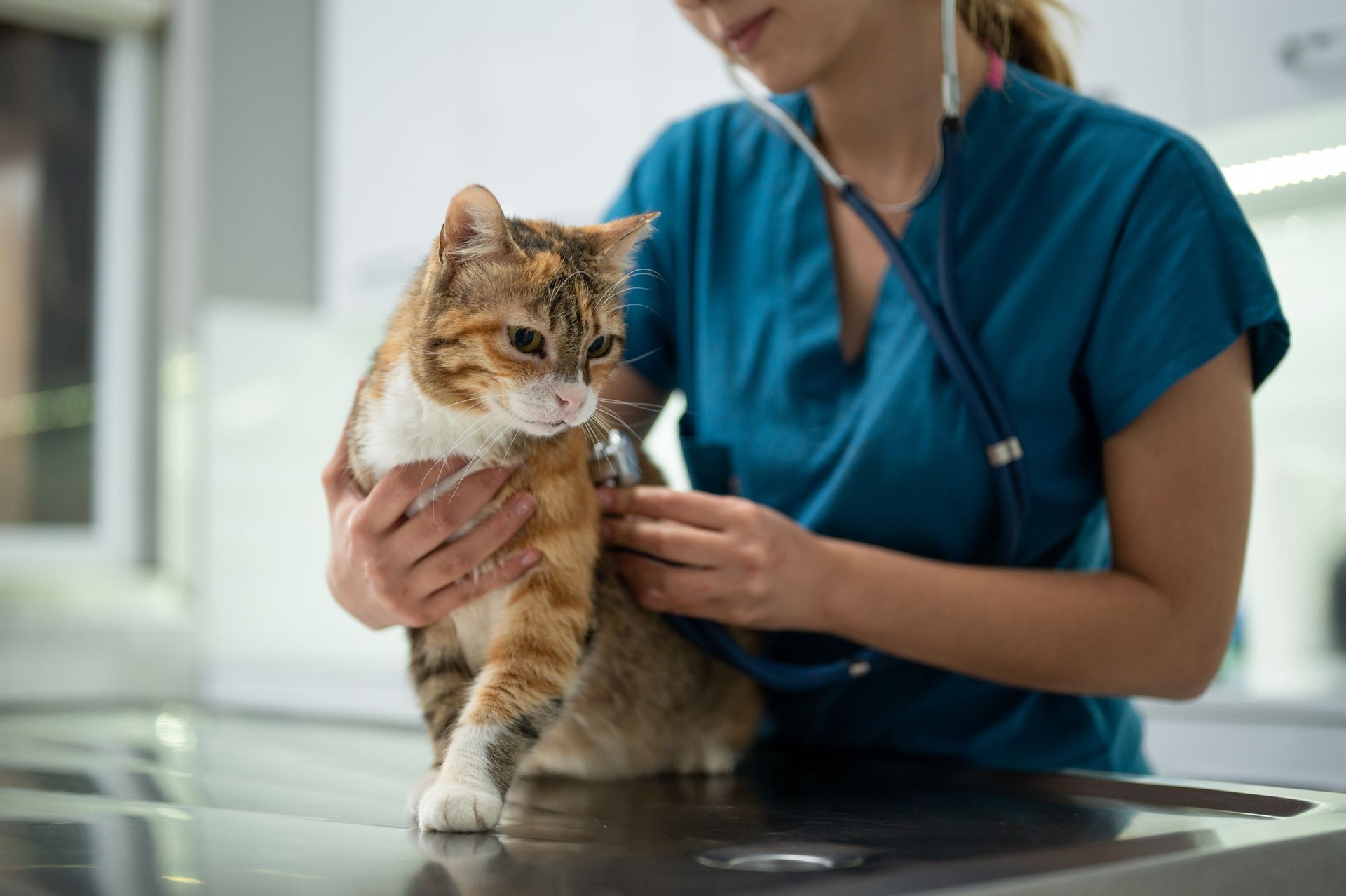4 Key Points About Kidney Problems in Pets

Your pet's kidneys play critical roles in maintaining their health and wellness. These bean-shaped organs filter toxins out of the bloodstream for elimination through the urine. At the same time, they help to maintain the correct balance among minerals such as sodium, calcium, and potassium.
As a caring pet owner, you'll want to know how and why kidney disorders can affect your pet's quality of life, as well as your available resources for treating (and hopefully) preventing such conditions. Take the following four key points to heart in your efforts to preserve your pet's health.
1. Causes of Pet Kidney Problems
Pets may suffer kidney damage due to an acute injury such as a laceration or blunt impact. They may also experience sudden kidney failure if they ingest toxic substances such as drugs, antifreeze, and spoiled food infested with dangerous bacteria.
Animals often suffer from chronic kidney disorders, some of which may have genetic risk factors. In certain dog breeds, for example, Fanconi syndrome can reduce the kidneys' ability to reabsorb certain key nutrients and transport them into the bloodstream, allowing the body to eliminate them instead.
Cats face their own share of potential kidney issues, including a congenital malformation of the kidneys known as polycystic kidney disease. Infections such as feline infectious peritonitis and feline leukemia virus can lead to kidney failure in cats.
Kidney trouble and underlying systemic health problems often seem to occur together. Kidney disease contributes to high blood pressure, while high blood pressure aggravates kidney damage. Diabetes makes animals more vulnerable to kidney infections. The bacteria that cause gum disease may also invade the kidneys.
2. Symptoms of Kidney Trouble in Your Pet
Pets who suffer from kidney problems may lose weight mysteriously while consuming (and eliminating) water at increased rates. Poor coat quality, an odd chemical smell on the breath, loss of appetite, fatigue, depression, vomiting, mouth ulcers, and diarrhea may occur in some pets afflicted with kidney disease.
Since these symptoms commonly occur due to other diseases and disorders as well, you can't know for sure whether your pet has a kidney ailment unless you schedule a veterinary evaluation. Your veterinarian can run laboratory tests and other diagnostic procedures to identify the cause of your pet's symptoms.
3. Veterinary Treatment Strategies for Kidney Problems
Veterinary treatment for a pet's kidney problem depends largely on controlling or eliminating the underlying cause. In cases that stem from acute injury or toxin, immediate emergency measures to repair the damage or remove the offending substance can save your pet's kidneys. Drugs can also often tame a raging kidney infection.
Chronic kidney trouble often means managing the condition as opposed to curing or reversing it. If your pet has kidney failure related to hypertension, diabetes, or another systemic health challenge, treatment of that condition can help reduce further kidney damage.
Pets who suffer from kidney failure may need fluid therapy. Injections of fluids into the body a few times a week can keep your pet hydrated and help the kidneys function. A specialized diet plan can also support the kidneys by helping to control your pet's protein and mineral intake. Your veterinarian may also prescribe nutritional supplements.
If your pet hasn't responded to other treatment techniques, your veterinarian may recommend a procedure called hemodialysis. Your pet will lie quietly on a treatment table while an intravenous tube allows its blood to pass through a filtering machine, which then returns the cleaned blood to the body.
4. Preventative Measures for Kidney Health
You can help your pet avoid kidney problems by employing some smart preventative strategies. Clean up any puddles of dangerous chemicals such as antifreeze. Move medicines or cleaning products out of paws' reach. Schedule regular dental care to control oral bacteria that might otherwise migrate to the kidneys.
Trust the compassionate professionals at Baywood Animal Hospital to give your pet the preventative evaluations, expert diagnoses, and any treatments necessary for healthy, well-functioning kidneys. Contact our veterinary clinic today for an appointment.


